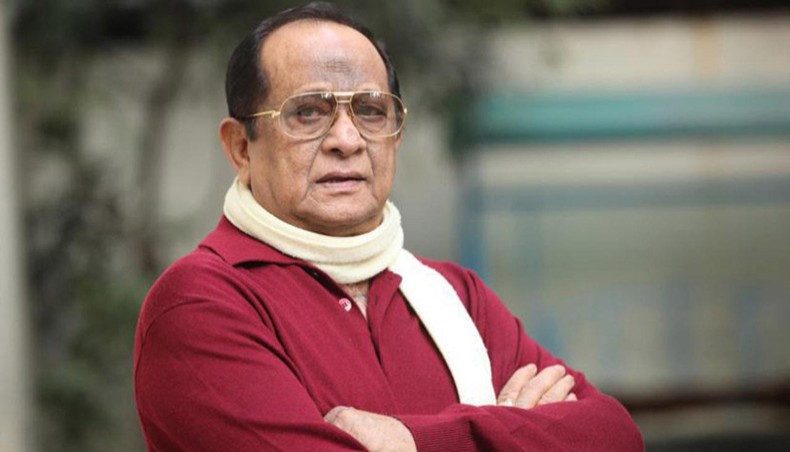The High Court on Sunday rejected a writ petition that sought ban on airing of three Indian television channels in Bangladesh on the ground that the channels’ programmes were against the country’s culture and tradition.
Supreme Court lawyer Sayada Shaheen Ara Laily had filed the writ petition on August 7, 2014 to stop the airing of the three channels—Star Jalsha, Star Plus, and Zee Bangla—after newspapers reported suicide of several teenagers including housewives and school-going students.
The victims reportedly committed suicide after their guardians refused to buy them Pakhi dress, an attire named after a character of Bengali drama, ‘Bojhena Se Bojhena’ aired on Indian’s Star Jalsha channel in 2013-14, or being rebuked for watching the episodes.
The court in its verdict, however, said that it was not desirable that ‘TV channels shall telecast programmes contrary to our culture and tradition and which would adversely affect our society’.
The verdict said that the government should strictly monitor every TV channels and must investigate if any complaint is filed against them.
The court in its verdict said that in ‘the era of digitalisation’, it is not possible to ‘shunt our eye against the reality’.
The petitioner argued that the government was not taking any measures against the three channels which were airing programmes against Bangali culture and violence on children in violation of Cable TV Network Operation Act 2006.
Petitioner’s lawyer Aklas Uddin said he would appeal against the verdict delivered by the bench of Justice Moyeenul Islam Chowdhury and Justice JBM Hassan.
Supreme Court lawyer Sayada Shaheen Ara Laily had filed the writ petition on August 7, 2014 to stop the airing of the three channels—Star Jalsha, Star Plus, and Zee Bangla—after newspapers reported suicide of several teenagers including housewives and school-going students.
The victims reportedly committed suicide after their guardians refused to buy them Pakhi dress, an attire named after a character of Bengali drama, ‘Bojhena Se Bojhena’ aired on Indian’s Star Jalsha channel in 2013-14, or being rebuked for watching the episodes.
The court in its verdict, however, said that it was not desirable that ‘TV channels shall telecast programmes contrary to our culture and tradition and which would adversely affect our society’.
The verdict said that the government should strictly monitor every TV channels and must investigate if any complaint is filed against them.
The court in its verdict said that in ‘the era of digitalisation’, it is not possible to ‘shunt our eye against the reality’.
The petitioner argued that the government was not taking any measures against the three channels which were airing programmes against Bangali culture and violence on children in violation of Cable TV Network Operation Act 2006.
Petitioner’s lawyer Aklas Uddin said he would appeal against the verdict delivered by the bench of Justice Moyeenul Islam Chowdhury and Justice JBM Hassan.
Source: New Age









